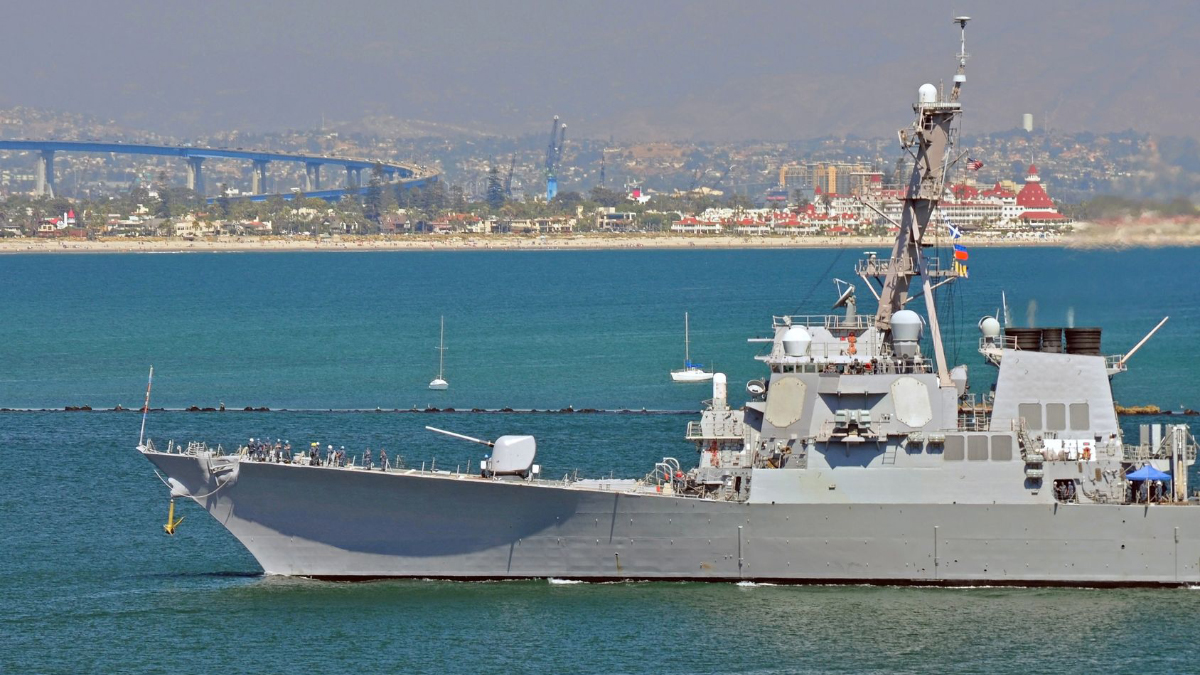The lack of an aggressive U.S. response to China’s stealing of an American underwater drone has caused hand-wringing among the many U.S. allies in East Asia. The drone was swiped from right under the nose of an unarmed U.S. Navy research vessel that was gathering underwater information which would be useful in monitoring Chinese submarines. That research vessel was not only in international waters but even outside the nine-dashed line—the ridiculously expansive area claimed by China in the South China Sea. China came up with the cockamamie story that it snatched the drone to ensure marine safety, but many analysts think it may have done so to protest the actions of President-elect Donald Trump—his questioning of the well-established “one-China” policy and his fielding of a call from Taiwanese President Tsai Ing-wen, which also seemed to undermine that policy. After China’s seeming protest, it has agreed to give back the drone. Despite this being a minor incident, American allies in the East Asian region are questioning “U.S. resolve,” because the United States did not display its dominant fleet to do retaliatory muscle-flexing in the area.
Yet the United States should not rise to the bait. Such taunts of U.S. weakness by American allies around the world frequently have been used to get the United States to spend more effort and resources on the defense of what are now very rich nations. U.S. alliances around the world are outdated vestiges of the Cold War, merely impeding U.S. flexibility and continuing the potential to drag the nation into a needless war with nuclear-armed powers, such as Russia or China. Thus, although Donald Trump, during his campaign, horrified the U.S. foreign policy establishment, he was quite right to question such obsolete obligations for the United States to provide the expensive first line of defense for countries that should be banding together to do so against these great powers. Instead, the United States should follow the very successful model it used in World War II: America formed ad hoc alliances to intervene as a “balancer-of-last resort” only when the balance of power in Europe or East Asia got out of whack.
In the seas near China, the United States has stated that it is neutral in the territorial disputes between China and other nations; in reality, it sides with allies such as Japan and the Philippines. Under the guise of “ensuring international navigation,” it sends its Navy to police waters in which it has no vital interest. If China, or any other nation, starts illegally interdicting U.S. commerce through those waters, only then should the U.S. Navy escort such vessels. However, because international trade is very important to the Chines economy, China would probably have no incentive to mess with U.S. commerce in the area.
Therefore, the insignificant stealing of a U.S. military drone and Trump’s correct questioning of burdensome U.S. alliances should lead to a larger national discussion about what the U.S. military is doing in these and other waters near faraway lands. This debate even could be part of a larger discussion about what the United States should be doing in the world, given its $20-trillion-dollar national debt and desperate need for economic renewal. Perhaps defending the country and its political system should take precedence over petty jousting with China in the South China Sea.

















